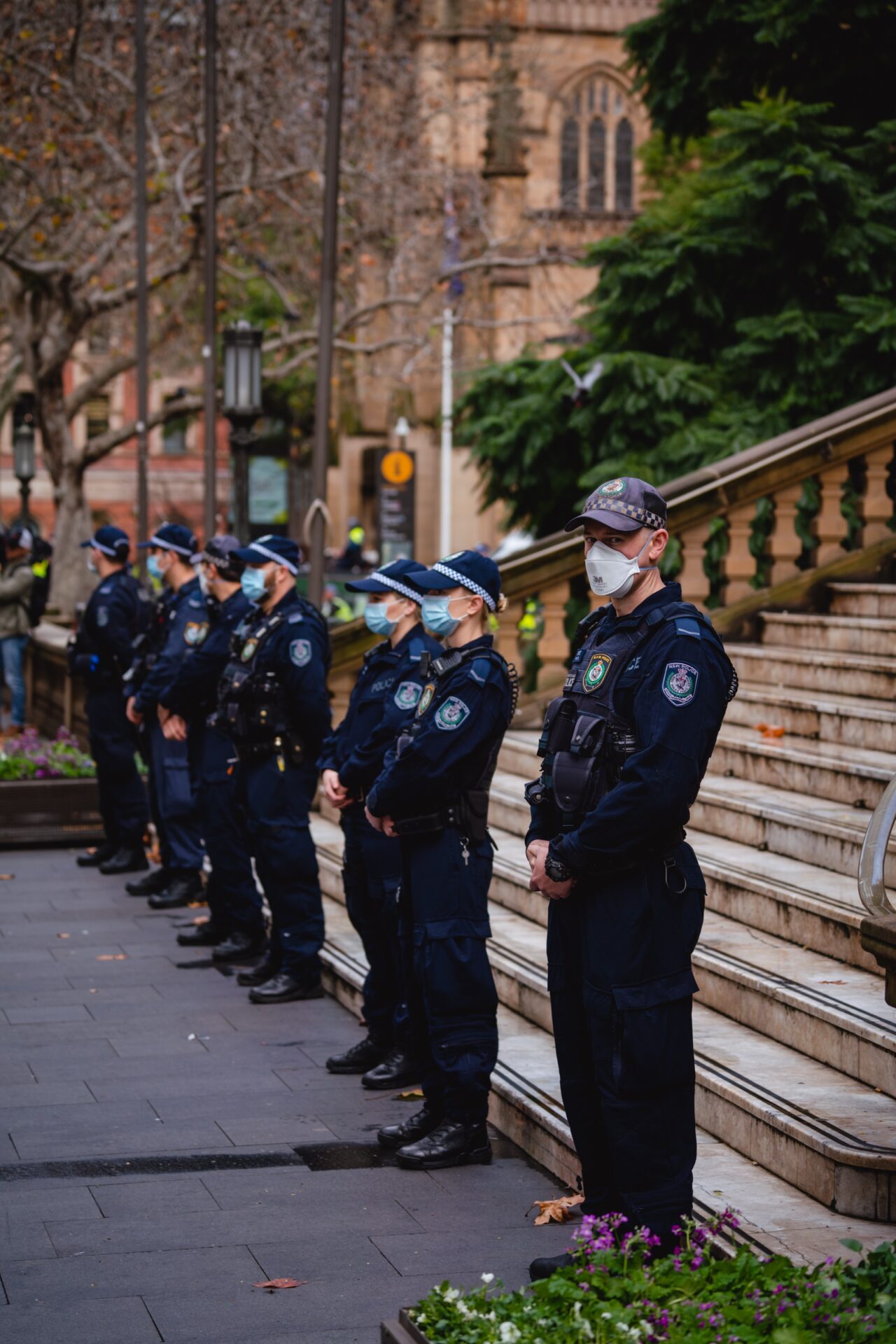In an Australian first, the Australian Capital Territory is set to become the first jurisdiction to largely decriminalise possessing small amounts of a range of illicit drugs.
The recently passed Drugs of Dependence (Personal Use) Amendment Bill 2021, which came about from an inquiry and recommendations by the ACT Legislative Assembly, will circumvent the formal criminal charge process for a range of alternatives for illicit drugs including cocaine, LSD, heroin, MDMA and amphetamines.
The broader changes to drug possession laws follow earlier reform in 2019 which had decriminalised the possession of small amounts of cannabis and cannabis plants in the ACT. Possession of what will be defined as a more than a “small quantity” or “personal possession limit” would still warrant criminal charges and penalties such as fines or imprisonment, depending on the quantity and other considerations.
The proposals, to be transitioned into law within 12 months, afford police discretion to issue small out-of-court infringements of up to $160 or take other alternatives to formal criminal charges such as issuing cautions or referring people to restorative justice or other drug diversion and treatment options.
The new laws will set the following personal possession limits for the follow drugs:
MDMA – 0.5g
Amphetamine – 2g
Cocaine – 2g
Heroin – 2g
Lysergic acid – 0.002g
Methadone – 2g
Methylamphetamine – 2g
Psilocybine – 2g
The pre-existing cannabis limits of 50g for dried cannabis and 150g for harvested cannabis will also remain.
The driving force behind the amendments has been a focus by the ACT Government on directing resources to harm minimisation and drug and health treatment rather than taking minor drug matters through the traditional process of crime and punishment in the courts.
The reform has been supported by various community groups and it is understood have majority support of the ACT according to polling. The changes are opposed by the Australian Federal Police Association and Canberra Liberals.
Adrian McKenna, Partner
